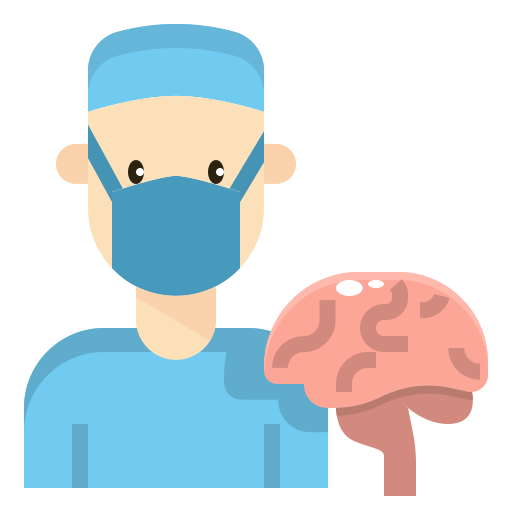Back pain can have causes that aren’t due to underlying disease. Examples include overuse such as working out or lifting too much, prolonged sitting and lying down, sleeping in an uncomfortable position, or wearing a poorly fitting backpack.
Pain is one of the most common symptoms in cancer patients. Pain can be caused by cancer, cancer treatment, or a combination of factors.
Occipital Neuralgia is a condition in which the occipital nerves, the nerves that run through the scalp, are injured or inflamed. This causes headaches that feel like severe piercing, throbbing or shock-like pain in the upper neck, back of the head or behind the ears.
I am item content. Click edit button to change this text. Lorem ipsum dolor sit amet, adipiscing elit. Ut elit tellus, luctus nec mattis, pulvinar dapibus leo.
After any surgery or procedure, most patients will experience some sort of post-surgical pain. Ideally, post-operative pain is anticipated, and your physician/surgeon should provide options to manage any post-operative, acute pain. Post-surgery pain is usually triggered by the incision wounds, burns due to grafting, damage or disruption of internal organs, nerve damage and/or tissue damage. Post-surgery pain should be temporary (only lasting 2 to 5 days), and medication is usually sufficient to effectively manage post-surgery pain.
A migraine is much more than a bad headache. This neurological disease can cause debilitating throbbing pain that can leave you in bed for days! Movement, light, sound and other triggers may cause symptoms like pain, tiredness, nausea, visual disturbances, numbness and tingling, irritability, difficulty speaking, temporary loss of vision and many more.







